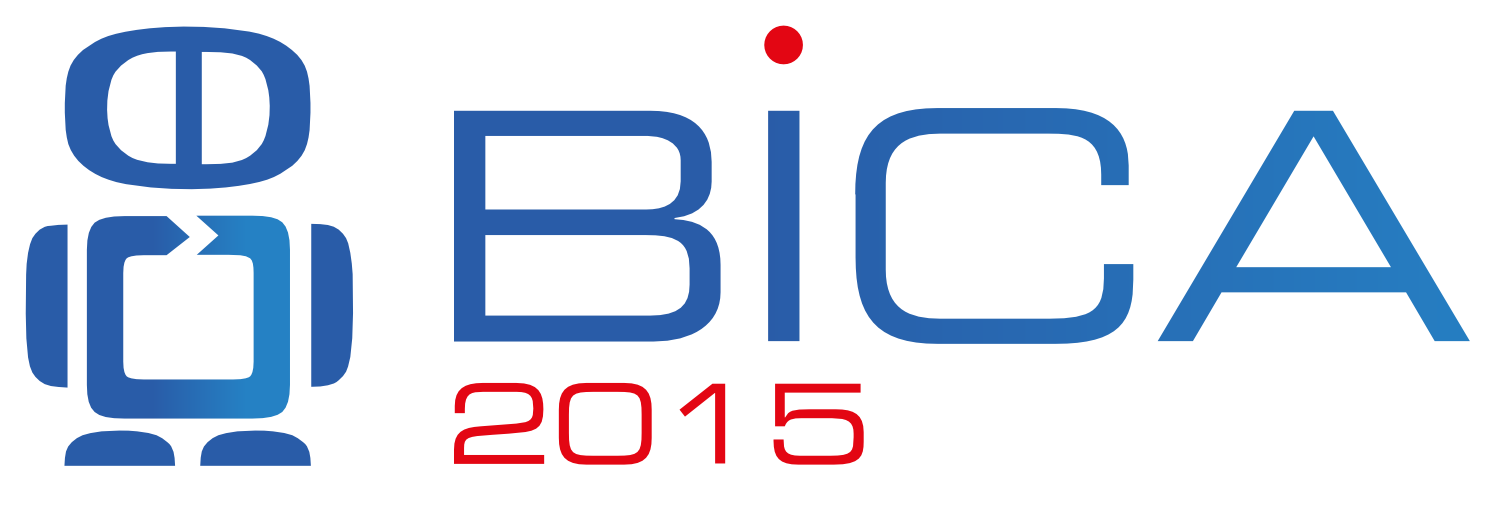Sidebar
Enaction, Complex Systems and Cognitive Architectures
Friday November 6, afternoon.
Chair
Leonardo Lana de Carvalho
Abstract
The enactive theory of cognition provided a portal for the design of new biologically inspired cognitive architectures. However, differently from cognitivism and connectionism, the enactive theory has not yet a prototypical computer model, despite of the wide variety of implementations that can illustrate the fundamental concepts of this approach. Nevertheless, a differential model of architecture in relation to cognitivist and connectionist architectures remains a great challenge. This point perseveres in the current research program in a very vividly way. Indeed, the construction of a world is sought, a way of being in the world. The agent would not be getting an informational input or a reinforcement, but the inputs would be better described as perturbations on a self-organizing complex systems. A prototypical model of enactive cognitive architecture is one of the largest challenges today.
With the aim of use the main concepts of this approach such as enaction, autopoiesis, structural coupling and natural drift, to review and increase computational approaches and models of cognitive architectures, we have proposed this workshop.
Program committee
- Leonardo Lana de Carvalho
- Ricardo Ribeiro Gudwin
- Angelo Conrado Loula
- João E. Kogler Jr.
Invited talk
- Pierre De Loor
Submission
To submit your paper to this workshop, please follow the general instruction on the Submission page. Login to easychair as an author. Select track “Enaction, Complex Systems and Cognitive Architectures”.
